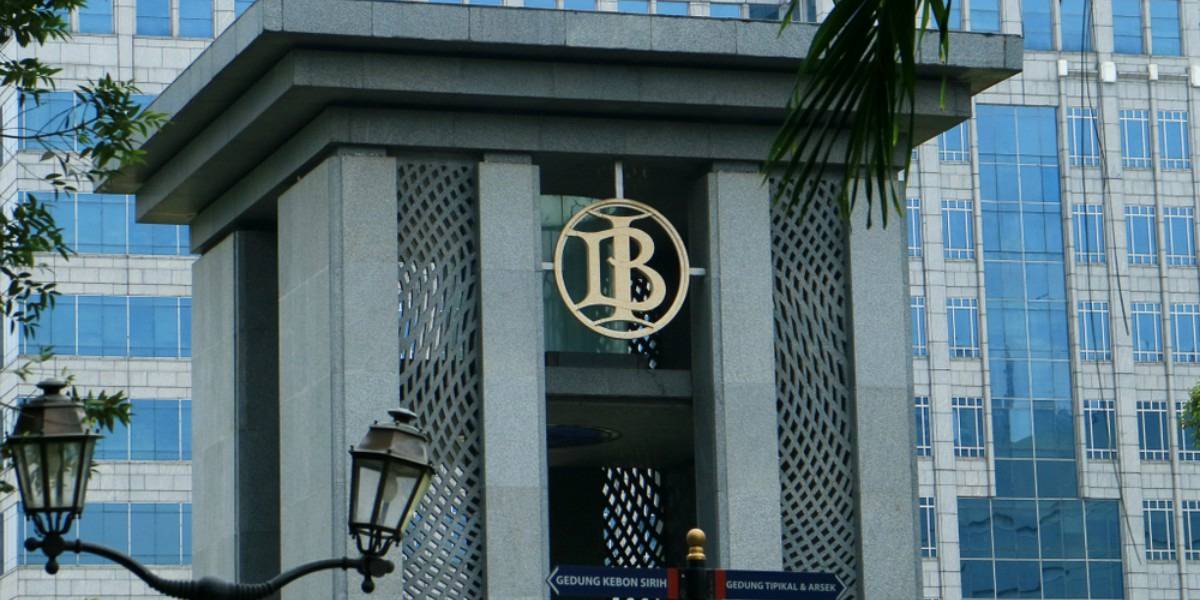Bank Indonesia agrees to buy government debt to fund budget
Published 07 Jul,2020 via Bloomberg Politics - Indonesia’s central bank agreed to buy billions of dollars of sovereign bonds directly from the government to help finance the fiscal response to the coronavirus pandemic.
Bank Indonesia will purchase 397.56 trillion ($27.4 billion) of bonds directly from the government at the benchmark seven-day reverse repurchase rate, Finance Minister Sri Mulyani Indrawati told reporters Monday. The central bank will return all the interest earned on the securities to the government, the finance ministry said in a statement.
The government will issue another 123.46 trillion rupiah of bonds to support micro-, small and medium enterprises and other businesses, with the central bank bearing part of the interest cost, Indrawati said.
The government has been pushing Bank Indonesia to share more of the extra spending burden needed to contain the fallout from the Covid-19 pandemic. President Joko Widodo is seeking to borrow about $115 billion this year to repay government debts and fund a budget deficit estimated at 6.34% of gross domestic product.
“From the monetary and fiscal sides, together we’re trying to recover Indonesia’s economic policy in a sustainable way,” Indrawati said. “The government is committed to maintaining fiscal discipline, to bringing down the budget deficit gradually to below 3% and to adhering to fiscal discipline in 2023 and beyond.”
Earlier proposals for Bank Indonesia to purchase most of the bonds at zero interest had weighed on the currency and credit-default swaps, as investors worried about possible inflation or a credit-rating downgrade.
Governor Perry Warjiyo said at Monday’s briefing that inflation is under control and the central bank regularly assesses price and growth dynamics.
“We see so far that demand is not yet strong and inflation is low,” he said. “However, if inflation recovers and the economy picks up, Bank Indonesia has the tools ready, we have the policies.”
The agreement between the Finance Ministry and central bank allows the bonds to be tradable and marketable, Indrawati said, so Bank Indonesia can use the securities for its monetary operations.
The burden-sharing scheme caps the upside risk for bond supply in the near term, as the bulk of the securities will be privately placed with Bank Indonesia, according to Citigroup Inc. economist Helmi Arman. There’s less likelihood of the central bank unwinding the securities this year or next even though the notes are tradable, he said in a report.
Bank Indonesia already had been taking a more aggressive role in providing stimulus to the economy, buying sovereign notes directly from the government at primary market auctions since April. Under the latest agreement, Indrawati said the government will double the size of its auction, held every two weeks, to 40 trillion rupiah.
The central bank’s direct purchase of bonds may help inject liquidity into the market and prevent interest rates from rallying, said Mingze Wu, an FX trader at INTL FCStone in Singapore. Wu expects the plan to boost investor confidence in rupiah assets.
Not Unique
Indrawati said the burden-sharing scheme isn’t unique to Indonesia, and that Japan and the U.S. have carried out similar programs. Central banks in developing countries like Turkey and the Philippines also are taking a bigger role as a buyer of government debt, she said.
“With the burden sharing, the central bank and the government are demonstrating a solid coordination in giving stimulus to the economy to accelerate the recovery,” said Josua Pardede, an economist at PT Bank Permata in Jakarta. “This should provide positive sentiment, because if the recovery is materialized then it will of course maintain the stabilization in the financial market.”
Here’s a breakdown of the debt monetization plan and other highlights from the briefing:
- The government’s additional debt financing requirement is estimated at 903.46 trillion, with the central bank sharing the burden of financing 574.4 trillion rupiah, or 64%. The government will fully fund the other 329 trillion rupiah
- The central bank will fund the following through bond purchases: 397.56 trillion at the seven-day reverse repurchase rate (currently 4.25%) for spending on public services, such as health care, social safety nets and food security; 123.46 trillion rupiah for micro-, small and medium enterprises; and 53.37 trillion rupiah for non-MSMEs
- Bank Indonesia will cover part of the interest on the bonds to help MSMEs and non-MSMEs. Specifically, it will cover the difference between the market rate and 1% below the central bank’s 3-month reverse repo rate
- The government expects economic growth to rebound from the third quarter as it accelerates spending
- Warjiyo sees scope for the rupiah to appreciate and bond yields to drop, as the financing agreement provides more certainty to the market
- The decision to buy bonds to finance public services is a one-time policy, Warjiyo says
(Updates with comment from economist in 10th paragraph.)
For more articles like this, please visit us at [bloomberg.com](https://www.bloomberg.com)
©2020 Bloomberg L.P. All Rights Reserved
DISCLAIMER: This content is provided to us “as is” and unedited by an external third party provider. We cannot attest to or guarantee the accuracy of information provided in this article from the external third party provider. We do not endorse any views or opinions included in this article.

Grace Sihombing and Tassia Sipahutar